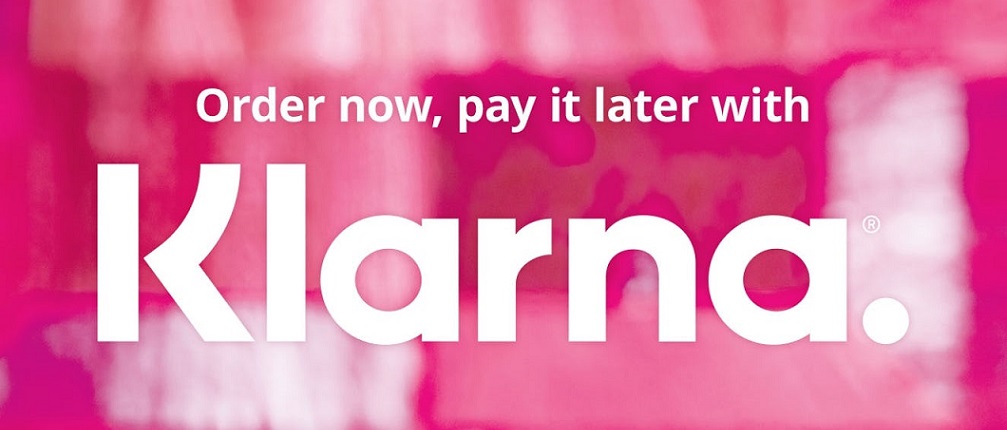
Swedish online payments firm Klarna, which is mostly known for its “buy now, pay later” scheme, reported a ballooning net loss in the first half of 2020.
The Stockholm-based company’s interim first-half report showed a net loss of 522 million Swedish krona ($59.8 million) between January and June, a sevenfold increase from the net loss of 73 million krona it posted in the same period last year, according to CNBC.
A regulated bank, Klarna is mostly known for its “buy now, pay later” scheme that offers shoppers interest-free financing on retail purchases over a period of installments. Klarna pays a merchant once a customer buys something using its platform, while that user is then invoiced over installments.
Credit losses — incurred when a customer doesn’t pay back a loan —almost doubled to around 1.2 billion krona, a figure the group said was adjusted for “macroeconomic uncertainty.” However, Klarna insisted the firm’s balance sheet was “strong” and overall losses accounted for only 0.6% of entire sales volume.
The company has been expanding aggressively overseas, particularly in the U.S. market where it claims to have added another 1 million customers in the last three months. Klarna says that new customers affect its net credit losses.
Total net operating income came in at 4.6 billion krona, which represented a rise of 37% from 3.3 billion krona in the first half of 2019. The company said its gross merchandise volume — the total sales made through its platform — was 215 billion krona in the January-June period, up 44% year-on-year.
“In the context of Covid-19 and the uncertainties it has unfortunately created for so many, a somewhat precautionary approach was necessary at times, including adjusting our credit policies globally,” Klarna co-founder and CEO Sebastian Siemiatkowski said in a letter to shareholders. “Despite this, we have seen accelerated growth and rapidly increasing demand for our services.”
It comes after the firm earlier this year reported its first-ever annual loss since operations began in 2005.
Banking 4.0 – „how was the experience for you”
„To be honest I think that Sinaia, your conference, is much better then Davos.”
Many more interesting quotes in the video below: